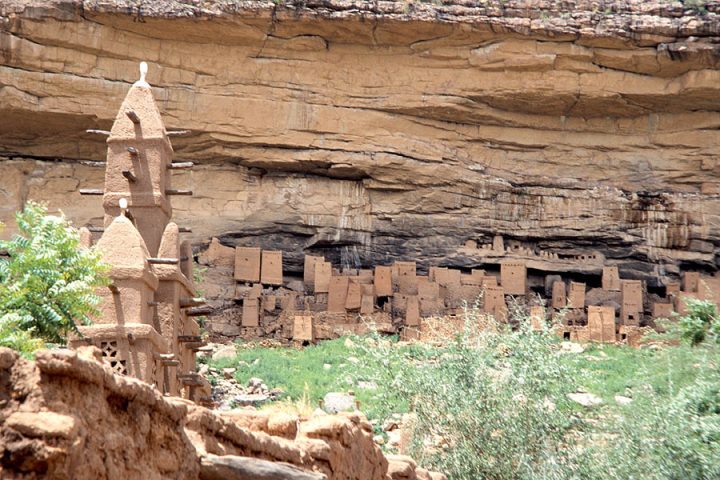Valentin Mufila, musician and artistic director of the multicultural social cooperative Ballafon in Varese, Italy, is also a passionate connoisseur of African history. This history has been erased by colonialism to justify atrocities and the systematic pillaging of the African people’s riches, so as to present them as savages in need of civilization. In a series of articles Valentin will share stories and characters obscured by the “official version” imposed by Europeans.
These stories about Africa before colonialism begin with the Shona people of Southern Africa who, along with the Egyptians, were one of the greatest builders that Africa has ever known. To these people we owe beautiful and grandiose structures like the castles of Mwene Mutapa, located in what is now Zimbabwe.
Then we will talk about the kingdom of Kouch, which played an important role in the birth of Egypt, as around 3000 BC the pharaoh Narmer, a kouchita who came from present-day Sudan, unified Upper and Lower Egypt. We will see the small pyramids of Sudan and the great temple of Defufa, which according to the latest discoveries, are the oldest in Africa. The kingdom of Kouch, also called Nubia, was first a great friend of Egypt’s, and then became its worst enemy because of gold, which it possessed in abundance unlike Egypt.
We will talk about the Dogon or (Ndogoni) people of Mali, known for their advanced knowledge in the field of astronomy which modern science still struggles to understand today, and of Ghana who created an immense empire and wrote a very important page in African history.
We will follow the epic story of the Mandes, one of the greatest empires of West Africa after the fall of Ghana, and we will meet the legendary king Soundiata Keita, who at the beginning of the XIII century united people and clans and proclaimed revolutionary ideas of freedom and equality.
We will then make the acquaintance of the great African Resistors such as Queen Nzinga of Angola who in the seventeenth century was the first head of state to develop a plan against slavery while the Portuguese, Dutch and Italians fought each other for control of ports, and the Queen of Ghana Yaa Asantewa who fought for her people against British invasion.
There will also be a space for the history of the golden stool sacred to the Ashanti, which was stolen by the British.
We will learn about the reign of Aksoum in Ethiopia with its magnificent buildings, its emperors and queens, and we will discover the extraordinary story of the Congolese Kimpa Vita, called the African Joan of Arc: burned at the stake in 1706, she fought against colonialism and slavery and awakened the conscience of his people, the Bakongo, and many others.
Translation from Italian by Liane Arter










